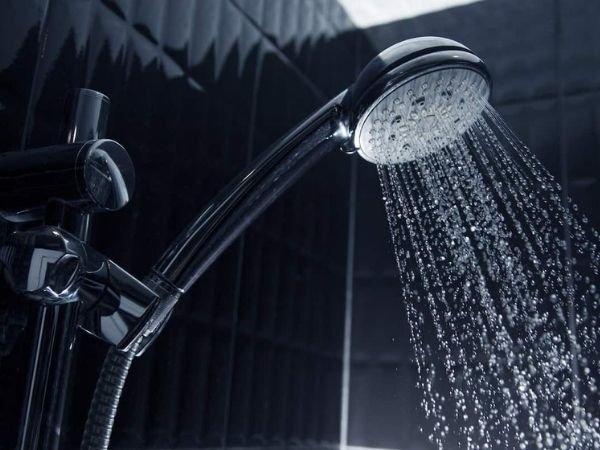
Taylors, SC Ethical Plumbing here; most people wouldn’t think twice about what happens to that shower water when it flows down the drain. It’s subtracted, until things go wrong. But, really, the journey that follows is a journey worth following; indeed, an elaborate system of piping, venting, filtration was involved in providing the fascination. With that understanding, comes the appreciation of how that home plumbing system is really important in maintenance’s avoidance of expensive repairs and more.
The Journey: Drain to Pipe – the First Stage
So what happens when your shower water flows down the drain? It lands inside a specially designed 2-inch drainage pipe for shower wastewater. But it does not flow alone as this pipe makes it to the sink, bathtub, and even washing machine- connecting it into other pipes together. These all lead to one main drain line that acts as the highway for all used waste water leaving home.
The DWV System: Proper Wastewater Flow
Your home’s drain-waste-vent (DWV) system does more than move water; it also balances the air pressure in your plumbing. Vents are extremely important, as they extend through your roof and towers critical for this process, preventing vacuums from forming inside the pipes. You would suffer from slow drainage, weird gurgling sounds, or even the dreaded sewer gas smell coming slowly back into your home if there were no proper vents.
The P-Trap: Preventing Sewer Gas Leaks
Regarding water from your shower, it cannot pass far down the line because all this water must first pass through a P-trap. A P-trap is a type of pipe that comprises a bend of approximately 180°. What happens is that a tiny but always present amount of water gets trapped inside the pipe and forms the required barricade for nasty sewage gases from surfacing through your drains. When the shower drain releases some really nasty odors, that often means that your P-trap has dried out or is in some way malfunctioning. That’s the time to call in the pros at Ethical Plumbing.
The Great Drain Line and Sewer Connection
If it makes it through the P-trap, your shower water now combines with wastewater from all the remainder of your house in the main drain line. This big-diameter pipe usually has diameters between 3-4 inches and takes everything either into municipal sewer or septic systems, depending on how your house has been set up.
Wastewater Treatment: The Process of Purification
In case your home is connected to the Taylors municipal sewer, the used water will flow through pipes to a wastewater treatment plant, where it will be subjected to multistage purification, after which it will again flow into local bodies of water. These will be drained clean before returning to the environment—possibly even ending up back in tomorrow’s glass of water!
Septic Systems: An Alternative for Rural Homes
A septic system treats wastewater on-site for non-city homes. Water enters a septic tank, where solids settle to the bottom. Fats float to the top. The liquid that remains is filtered through a drain field and treated by soil before the water reenters the ground. Proper maintenance of the septic system is very important to prevent backflow and poisoning the environment.
Common Plumbing Problems That Need a Professional
Because plumbing problems usually come as a surprise, you’re better off knowing what symptoms to watch out for to save time and money. Here are some signs that you might need a plumber:
✔ Slow Drains – A sink or tub with water pooling may be due to a forming clog.
✔ Gurgling Sounds – Air trapped in pipes may signify some sort of venting problem.
✔ Sewer Odors – You might have a dried P-trap or a sewer gas leak if the rotten egg smell is present.
✔ Frequent Clogs – If the plunger can’t do the trick, a deeper blockage is likely at issue.
✔ Standing Water – Puddles around your shower and sink could indicate an undiscovered leak.
Best Advice: Call a Professional Plumber
Among the small plumbing problems-examples include clogs, sewer odor, and slow flow in the sewer line-are susceptible to becoming larger sore points when left untreated. For clogged drainage, foul smells, or slow-moving sewer lines, Ethical Plumbing is always waiting to help. So when you get plumbing issues in your home, our licensed professionals with tools and expertise can come and diagnose and fix the problems to ensure your home waste is flowing smoothly.
Final Thoughts
In a second, that water might disappear from your shower into a drain, but even that is only the beginning of the journey. The house will then with great difficulty continue to run everything below human health and safety levels with the intricate network of pipes, vents, and treatment systems. Without any trouble at all, that process can be made as smooth as possible by keeping your plumbing in good shape.
Do not wait until it is too late; contact Ethical Plumbing now, and let’s fix that plumbing!
